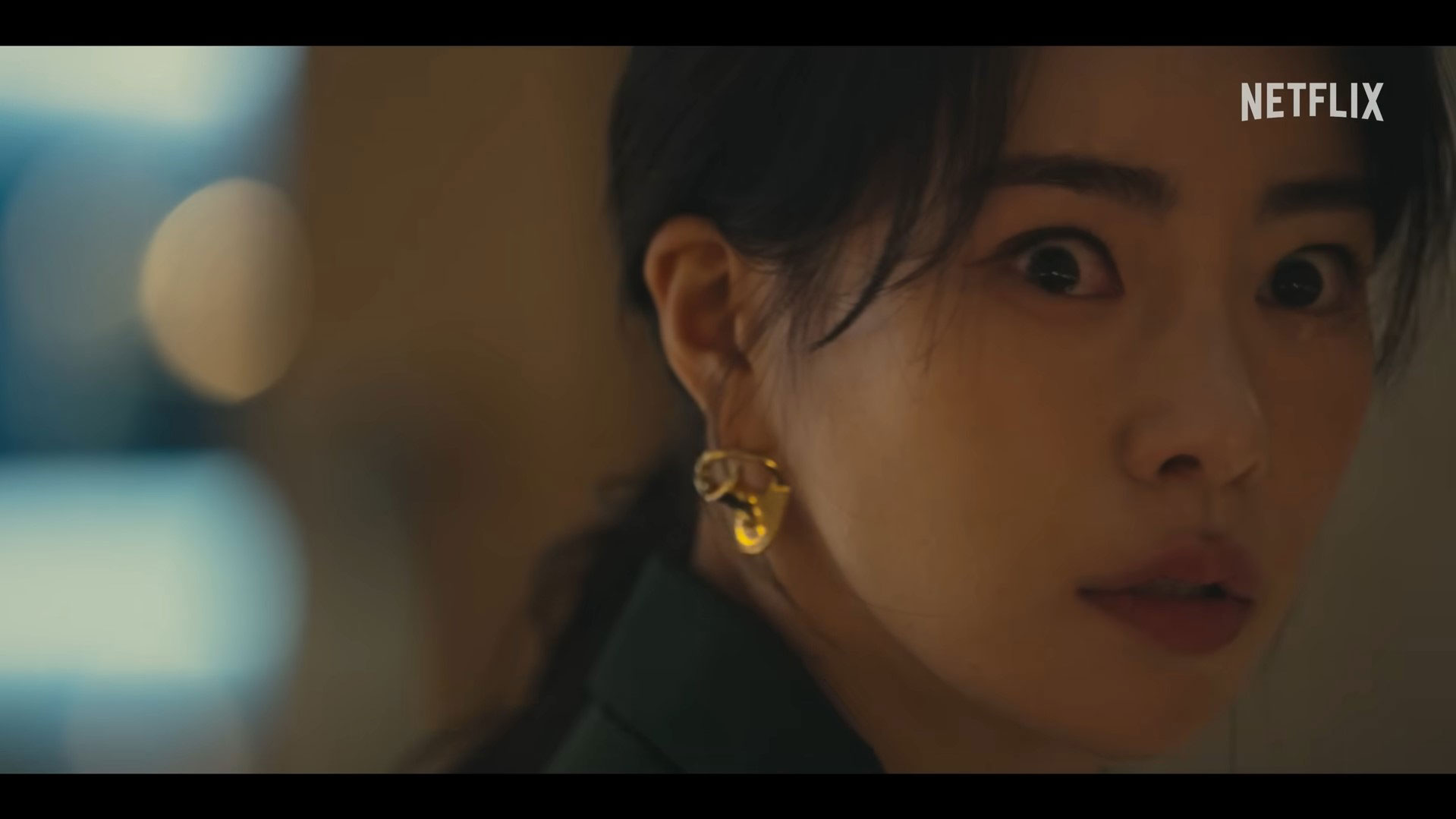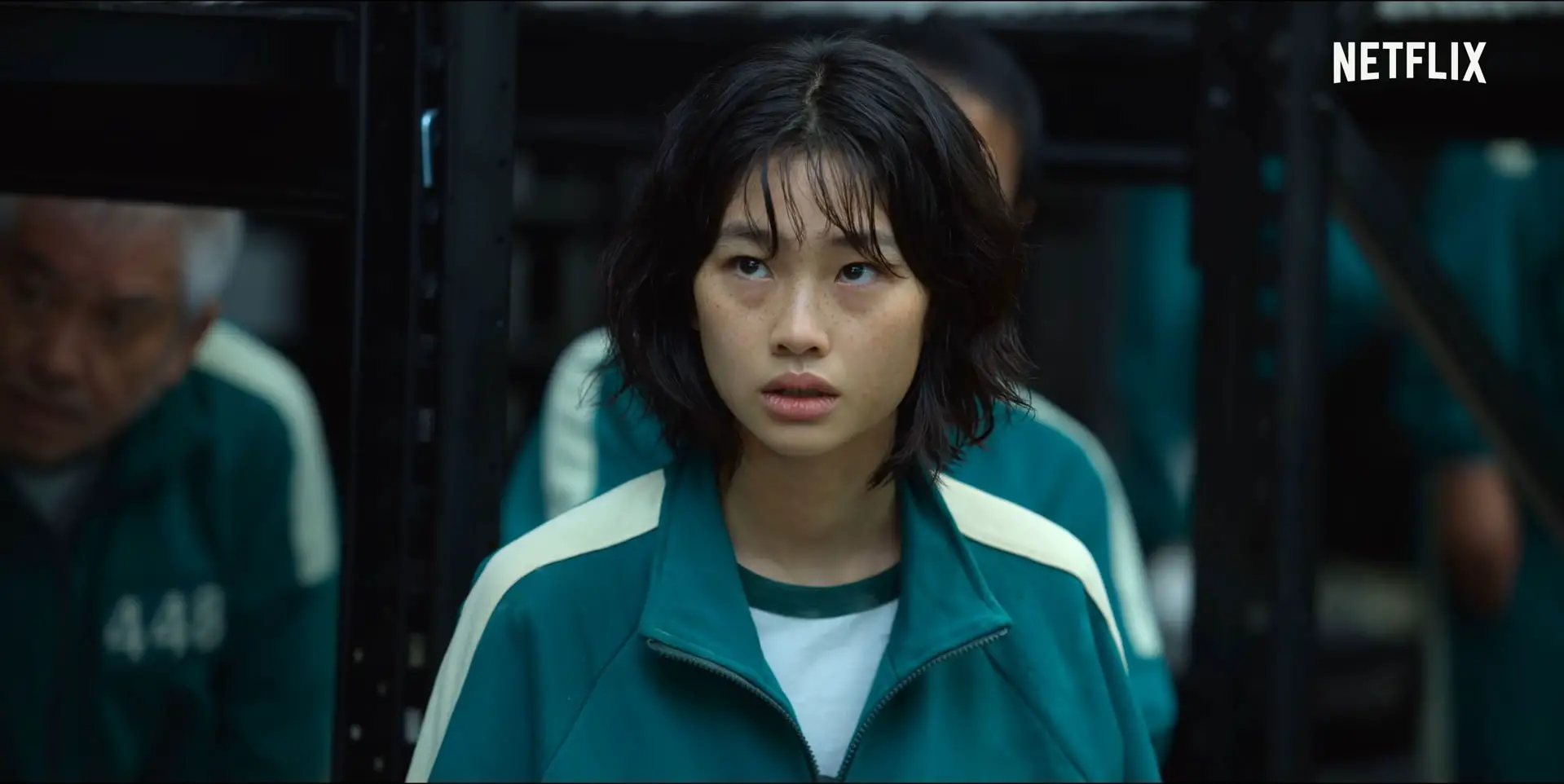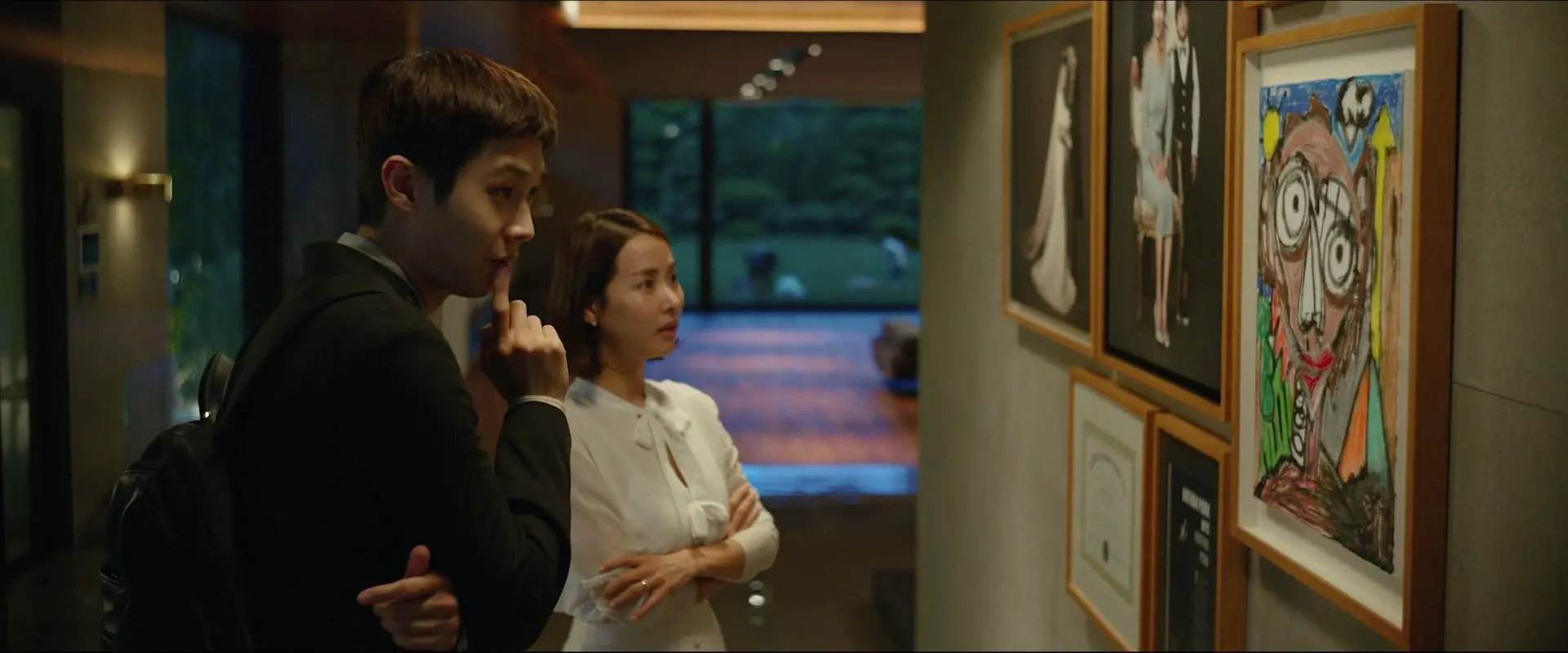
South Korean Movies
South Korean movies have become internationally acclaimed for their bold storytelling, emotional depth, and genre-blending creativity. With a film industry known for its high production values and unique narratives, South Korea has produced some of the most compelling cinema of the 21st century—ranging from intense thrillers and powerful dramas to dark comedies and romantic tales.
One of the most globally recognized milestones came with Parasite (2019), directed by Bong Joon-ho. The film made history by winning the Palme d’Or and four Academy Awards, including Best Picture. Blending satire, suspense, and social commentary, Parasite showcased the strength of Korean cinema in tackling class inequality with originality and nuance.
South Korean thrillers are especially renowned. Films like Oldboy (2003) by Park Chan-wook, part of his Vengeance Trilogy, are known for their psychological intensity, stylish direction, and shocking twists. Memories of Murder (2003), also by Bong Joon-ho, is a haunting procedural based on real events, blending suspense with biting social critique.
Korean cinema also excels in emotional storytelling. My Sassy Girl (2001) and A Moment to Remember (2004) brought a wave of romantic dramas and comedies that influenced Asian cinema and pop culture. Meanwhile, films like Mother (2009), Poetry (2010), and Burning (2018) explore personal and societal themes with poetic, often unsettling grace.
Another hallmark is genre-mixing. Movies like Train to Busan (2016) combine zombie horror with family drama, while The Wailing (2016) mixes mystery, folklore, and the supernatural. South Korean filmmakers are unafraid to take risks and break genre conventions.
With rising global popularity, strong storytelling, and visionary directors, South Korean movies continue to captivate international audiences. They offer a cinematic experience that is emotionally resonant, intellectually rich, and visually unforgettable.


Business Proposal

Squid Game



